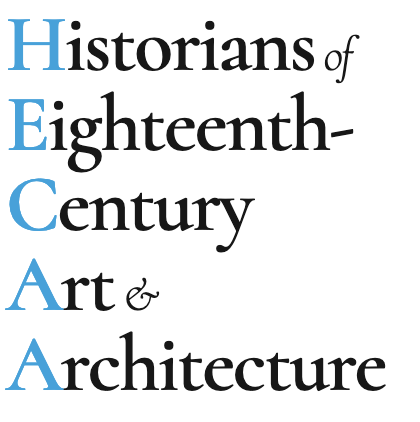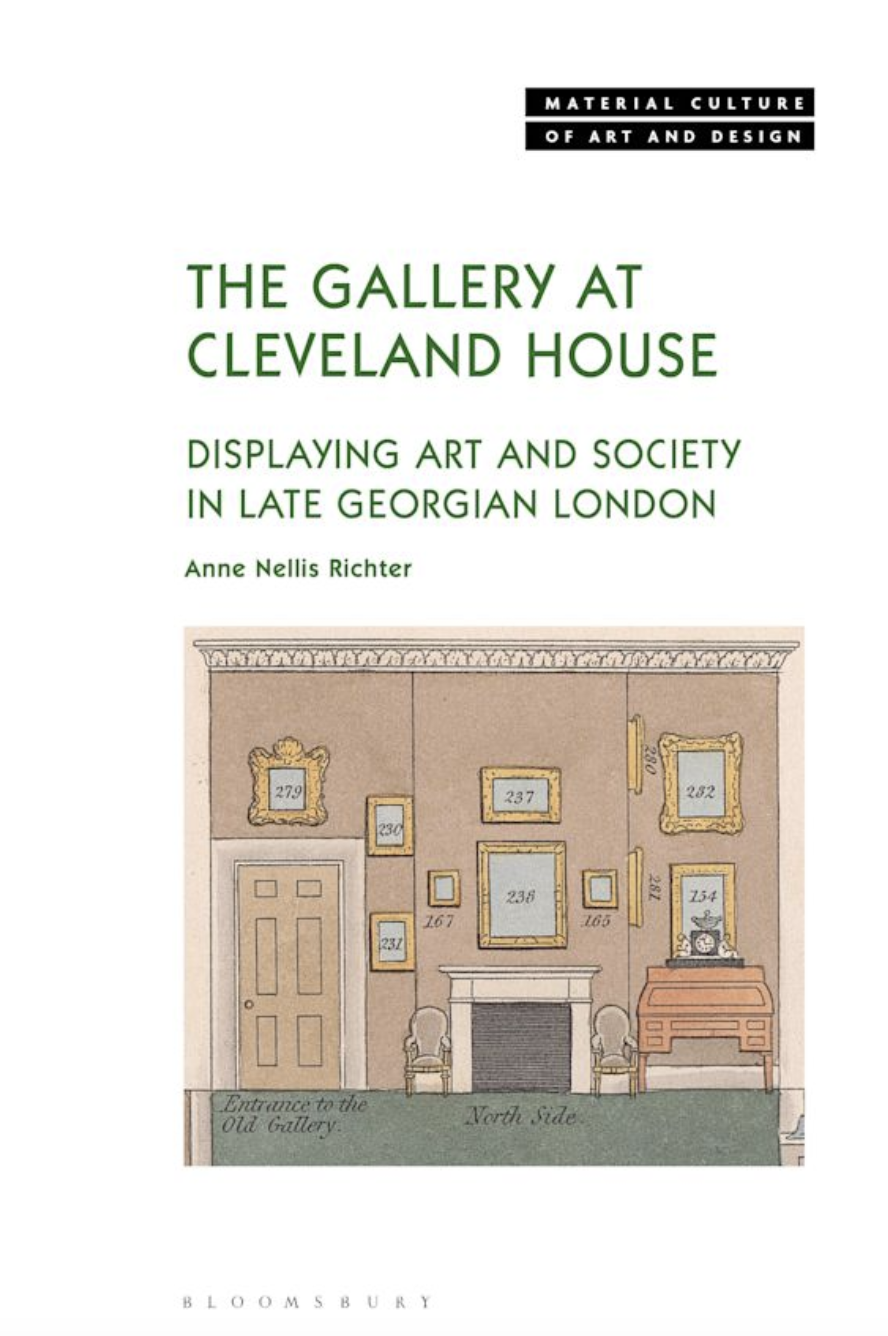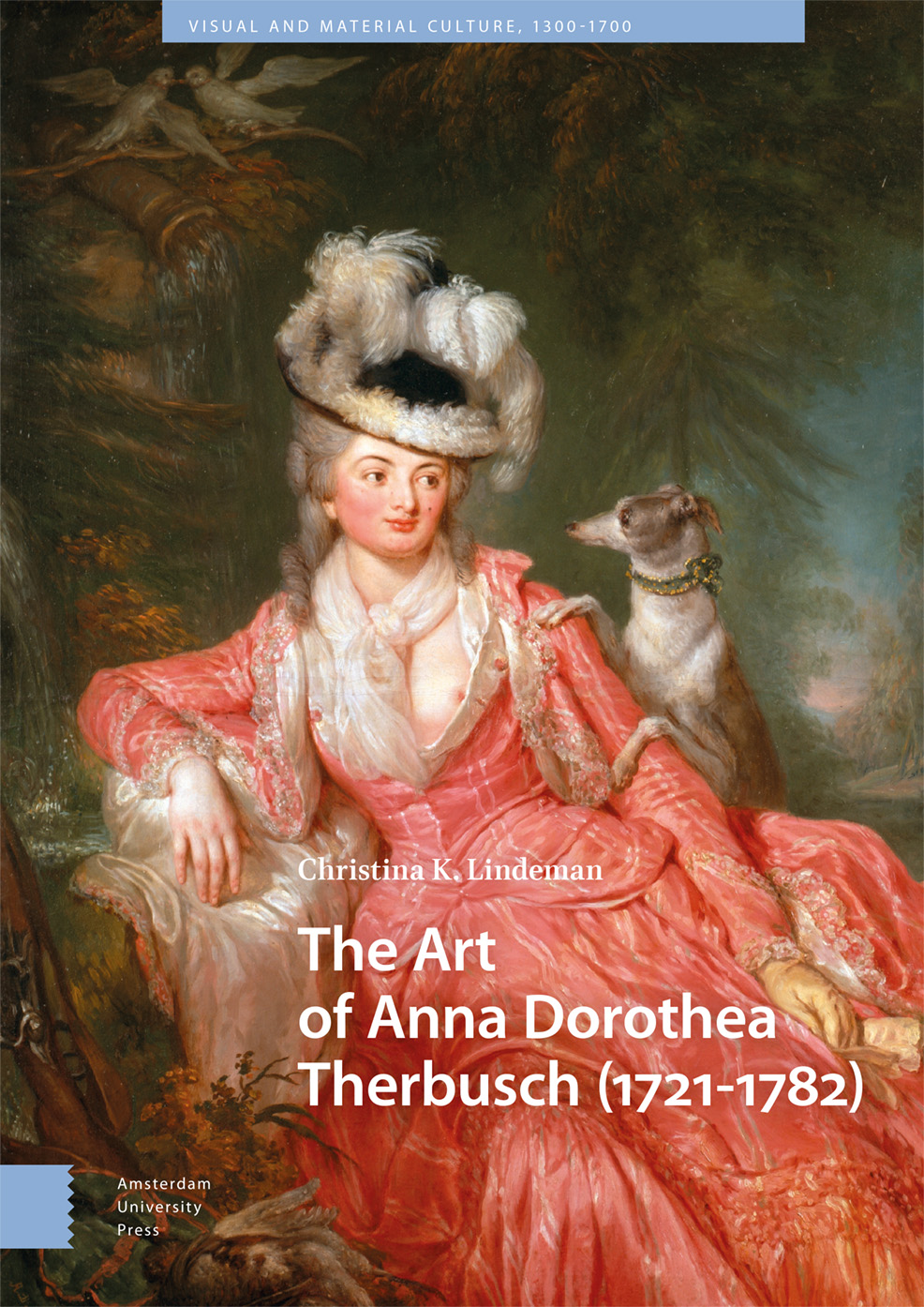Call for Papers | The Expert’s Eye
From the Call for Papers, which includes the Spanish version:
El ojo experto: Método, límites y la disciplina de la Historia del Arte
The Expert’s Eye: Method, Limitations, and the Practice of Art History
Museo Arqueológico Nacional, Madrid, 24–25 October 2024
Organized by Pilar Diez del Corral Corredoira and David Ojeda Nogales
Proposals due by 15 June 2024
 The work of the art historian revolves around the art object, and the need to tailor one’s methodology to that object gives the discipline its variety and richness. Yet paradoxically, to stress that art works are the centre of art history feels almost transgressive at a time when basic questions of identification and dating are increasingly deemphasized in training new generations of scholars and curators. Perhaps as a result, recent years have seen a proliferation of news about masterpieces that have gone unnoticed until some expert (typically from the art market rather than the university or the museum) has recognized the hand of a leading artist. Among Old Master paintings, it is common knowledge that Caravaggio final canvas, an Ecce Homo, almost left Spain after having been confused with a lesser work. The numerous Rembrandts that have emerged in recent years, as well as the complex case of Leonardo’s Salvator Mundi or the dubious Goyas that regularly appear, seem to confirm a decline in traditional expertise.
The work of the art historian revolves around the art object, and the need to tailor one’s methodology to that object gives the discipline its variety and richness. Yet paradoxically, to stress that art works are the centre of art history feels almost transgressive at a time when basic questions of identification and dating are increasingly deemphasized in training new generations of scholars and curators. Perhaps as a result, recent years have seen a proliferation of news about masterpieces that have gone unnoticed until some expert (typically from the art market rather than the university or the museum) has recognized the hand of a leading artist. Among Old Master paintings, it is common knowledge that Caravaggio final canvas, an Ecce Homo, almost left Spain after having been confused with a lesser work. The numerous Rembrandts that have emerged in recent years, as well as the complex case of Leonardo’s Salvator Mundi or the dubious Goyas that regularly appear, seem to confirm a decline in traditional expertise.
The new art history, by contrast, has shown itself perfectly capable of conducting research without having to study or even look at the art object. Without discrediting the results, which are sometimes more characteristic of departments of history or anthropology, the ease with which art-historical fact is blurred can be surprising. Over the last fifty years, the notable decrease in studies that examine the most fundamental problems of dating and authorship has raised questions about the usefulness of prevailing methodologies, leading to extreme cases in which a trained or expert eye is considered unnecessary, or at least insufficient, to deal with objects lacking documentary or other external proof of origin, creator, or date. By contrast, having an educated eye implies knowing the difference between a Roman bust from the first century AD and a modern copy, between discovering the hand of Leonardo and detecting an excellent falsification. Not all reattributed works will be first rate, but by returning anonymous or misidentified objects held in the depths of the world’s museums and collections to their rightful place, the astute art historian helps reconstruct the story of their creators.
In light of these trends, this conference aims to interrogate and challenge the abandonment of visual, material, and historical expertise among art historians. Key questions include:
• When, where, and why have works of art lost their place the centre of art history? Has this been uniform across the discipline, or does it vary by field?
• How have conservators, collectors, and academics fostered or resisted a repudiation of material knowledge of the art work?
• What forms does the ‘expert eye’ take across media and art forms, including drawing, sculpture, painting, ceramics, metalwork, etc.?
• Is an emphasis on attribution essential or dispensable? What are its limits and limitations, and how does it apply to different times, places, and artistic media?
• Can older notions of ‘connoisseurship’ be reconciled with developments in technical art history? How do ever-expanding methods of scientific testing challenge or enhance the ‘expert eye’?
• How can art history ensure that it is not limited to the study of objects that have a documentary trail?
• (How) can we aspire to a holistic history of art that links questions of dating, authorship, condition, and authenticity to the broader contextual and interpretive issues that have dominated recent scholarship?
Our intention in this conference is to gather experts from different areas of art history to wrestle with these questions. We welcome historical and methodological reflections as well as object-based case studies that engage the issues outlines above. We invite you to send your proposal with a short CV (no more than 10–15 lines) before 15 June 2024. If you have any questions or suggestions, please don’t hesitate to contact us. We will be delighted to help. The conference will take place in Madrid, in-person, at the Museo Arqueológico Nacional. It is our intention to publish a selection of papers, in an anthology, by a publisher with peer-review.
Technical coordination
• Marta I. Sánchez Vasco, misanchezvasco@gmail.com
Scientific coordination
• Pilar Diez del Corral Corredoira, diezdelcorral@geo.uned.es
• David Ojeda Nogales, dojeda@geo.uned.es
Scientific committee
• Amaya Alzaga Ruiz (UNED)
• Jeffrey L. Collins (Bard Graduate Center, Nueva York)
• Ana Diéguez Rodríguez (Instituto Moll)
• Pilar Diez del Corral Corredoira (UNED)
• David Ojeda Nogales (UNED)
• Markus Trunk (Universität Trier)



















leave a comment